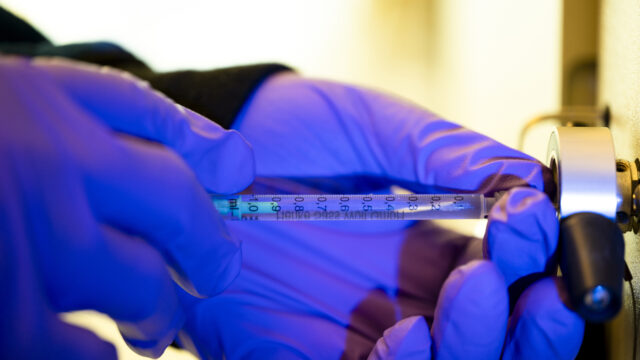In the wake of the U.S. Supreme Court’s decision to overturn Roe v. Wade last month, nearly half of all U.S. states have responded by passing laws or attempting to pass laws that ban or severely restrict abortion. At the same time, those bans are being challenged in court, creating a murky—and tumultuous—legal landscape as pro-choice activists scramble to stave off anti-abortion legislation.
One of those challenges has come from a synagogue in Boynton Beach, Florida. In Florida, a ban on abortions after 15 weeks was blocked on June 30 before being reinstated five days later. But in a lawsuit filed shortly before the Dobbs decision, Congregation L’Dor Va-Dor aims to reverse that decision once again by contesting that the Florida abortion law violates religious liberty by criminalizing abortion, which is permitted in Jewish law. In theory, the lawsuit could have a far-reaching impact considering the current Supreme Court’s prioritization of religious liberty. But two Northeastern professors say that while the lawsuit’s allegations have a strong basis in Jewish law, there is little hope that the Supreme Court will be neutral or ideologically consistent when it comes to non-Christian groups.




